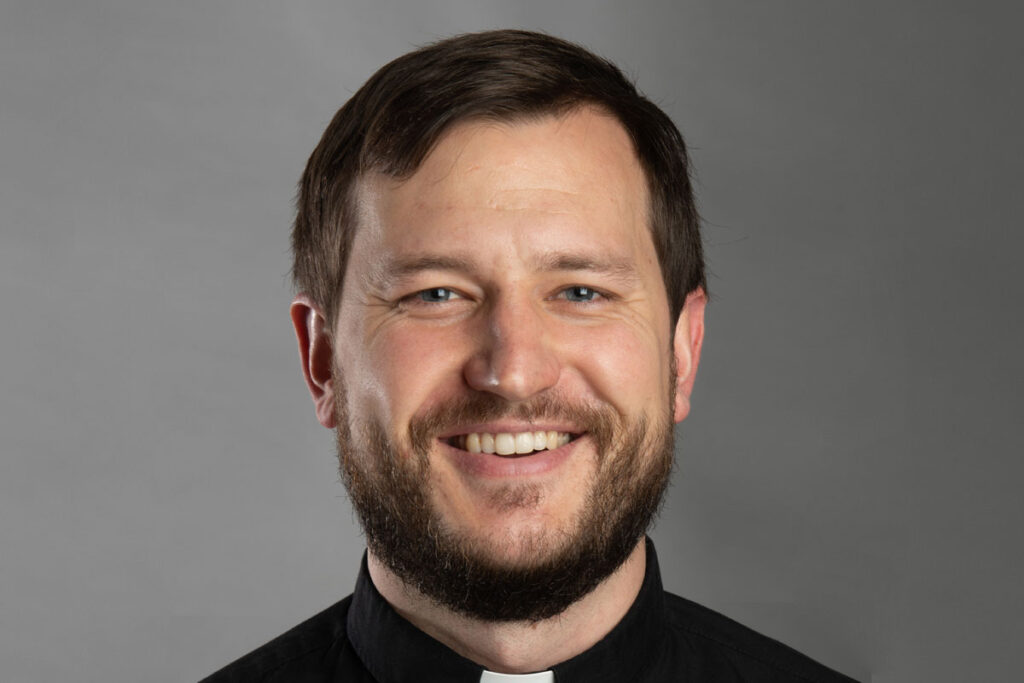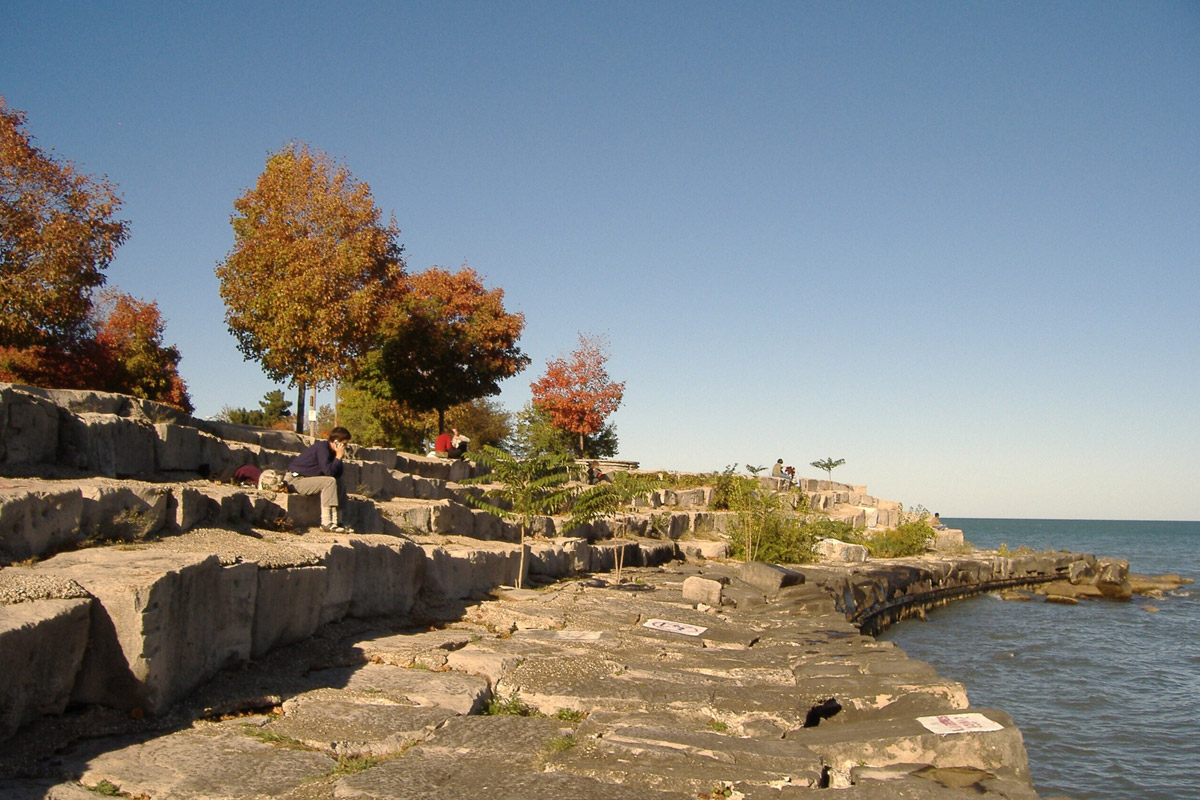
Kyle Duff
He/Him/His
Master of Divinity
What is your favorite memory of your time at LSTC?
I deeply enjoyed my J-Term trip to Holden Village to learn more about sustainable community living in light of our Christian faith, while also getting to explore the mountains and grow deep friendships.
What was the most meaningful class you took?
There are many to choose from, but if I chose two it would be Caring for the Dying and Bereaved with Dr. Billman which helped to ground me for caring and courageous pastoral ministry, or Theology of James Cone with Dr. Wickware, which really helped to orient my theology.
How did you feel supported during your seminary journey? Were you the recipient of any major scholarships? What communities or people uplifted you during your studies?
Besides God, I must firstly thank my spouse, Jeneal Duff, for her constant encouragement and celebration in pursuing my vocational path. She’s put up with a lot of challenges for me to be able to pursue my call, and has always been there to support me. My wider family has also always been asking about my journey and there to encourage me. My home congregation of Bethel Lutheran Church in Winchester, VA has been constant in support, always letting me know that there was a community rooting for me on this journey and showing up in prayer, financial support, wisdom and guidance, especially from Pr. Dave Young. I am also grateful to the ELCA Fund for Leaders and associated donors for ensuring that I left school with no debt. I am grateful for my faculty who always seemed to not only care that I learned what I need to, but was also concerned and supportive of how I and my family were doing overall. I am thankful also to my colleagues and friends along the way in classes and surrounding me as we shared both woes and encouragement.
What are your post-graduation plans?
I am excited to begin my first call as a Minister of Word and Sacrament, somewhere! (TBD after June 29). I hope that whatever I do will be connected to extending hospitality, empowering communities, and addressing needs and injustices in our world.
How did LSTC shape you as a future leader of the public church?
LSTC has given me tools, skills, and practice to be a leader not only in my congregation, but also in my local community for the common good, and to God’s glory for the sake of the Gospel. This happened in so many ways from refining and broadening my theology, to learning ethnography and organizing skills, to connecting me to local work for good such as through the Interfaith Council via the Public Church Fellows program, and allowing me to be a part of the Anti-Racism Transformation Team. It has helped to prepare me to be a wise and compassionate pastor with a vision for the unfolding reign of God.

